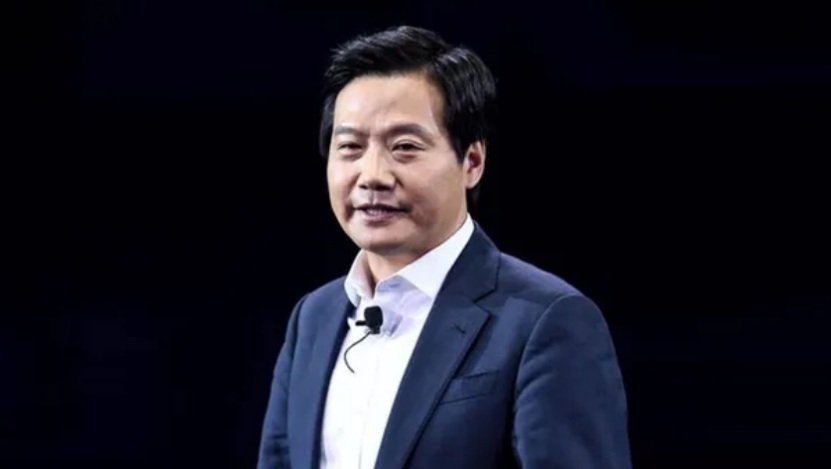Natarajan Chandrasekaran, born on June 2, 1963 in Namakkal, India, is a businessman and currently the chairman of Tata Group, the most important corporate conglomerate in India. Tata also operates through a holding company called Tata Sons, which holds the majority of the shares and is headquartered in Mumbai, India.
Chandrasekaran spent most of his career at Tata Consultancy Services (TCS), gradually rising through the ranks until becoming CEO and eventually chairman. The consultancy is India’s second-largest company (after Tata Group itself), operates in over 150 countries, and focuses on technology services, Chandrasekaran’s area of expertise.
Chandrasekaran’s education and early years at TCS
He completed his secondary education in the Namakkal district where he was born, and then entered university. He earned a Bachelor’s degree in Applied Sciences from the Coimbatore Institute of Technology and later a Master’s in Computer Science.
After his studies, he began his professional career at age 25 in Tata’s consultancy services. To give context, TCS focuses on technological consulting and was originally founded by Tata Sons. It was the first company to develop software under the Tata name at one of its research centers.
From that point, TCS began implementing software tools in its operations and became the first Indian-origin company to go public. Chandrasekaran joined TCS in 1987 and was part of those historic milestones within Tata’s subcompany.
Tata operates nearly 30 publicly traded corporations that carry the “Tata” name in their branding. Chandrasekaran’s golden era, which elevated him as the face of the consultancy, began in 2015 — although he had already been named CEO in 2009. Just nine years earlier, TCS had become the most profitable company in India.
What happened in 2015? Under Chandrasekaran’s leadership, the company generated $16.5 billion — a striking figure. With a focus on information technology, the company was rated one of the best in the field, and Forbes ranked it among the most prominent companies and him among the most impactful CEOs.
Since Chandrasekaran became chairman in 2017, Tata Group has focused on three pillars: digitalization, e-commerce, and healthcare — though it would be unfair to overlook transportation, especially the airline sector. Air India was the starting point in this sector, followed by the creation of Air Asia India, a Tata-owned venture led by Chandrasekaran. A recent highlight was a merger with a Singaporean airline to expand the fleet and scale up the business.
As for digitalization, it’s no surprise given Chandrasekaran’s background in information technology and Tata Group’s focus across its various companies. Since 2022, Chandrasekaran has been leading the development of 5G for mobile phones in India. At the beginning of that year, the company was valued around $300 billion — a figure that has since more than doubled.
Chandrasekaran’s activity beyond Tata Group
Like most top global executives, Chandrasekaran is actively involved in major boards and advisory groups in India and abroad. He serves as an International Advisor to a group in Singapore and is co-chair of a CEO-level council for the United States. Beyond that, he has been honored as an international member of the U.S. National Academy of Engineering and has worked with the Governors of New York.
In India, he has been appointed Director of the Reserve Bank of India and is involved in the Central Bank. In the tech sector, he chaired Governors’ councils and participated in global forums across various countries. He holds several honorary doctorates, and one of the most prestigious awards in his career is the Padma Bhushan — a civilian honor recognizing distinguished service to the nation.
In conclusion, Natarajan Chandrasekaran is not only the chairman of Tata Group, one of India’s most influential enterprises, but also a respected global figure — from his homeland India to the United States, Australia, Singapore, and beyond.
The world’s most prominent CEOs don’t just run powerful companies — they are respected voices across all arenas.Herramientas








